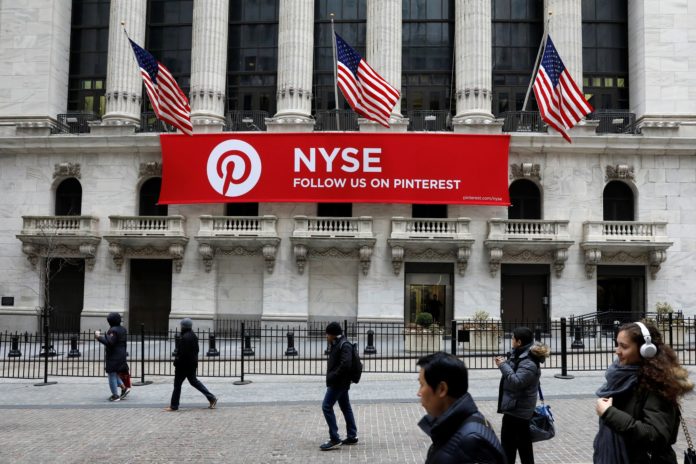[ad_1]
Following Lyft and TradeWeb, the next big IPO of the year is rapidly approaching. Make way for Pinterest, which could face similar headwinds to Lyft and has already begun to prep for this by slashing its IPO target by billions of dollars. Unfortunately for Pinterest – and prospective investors – the firm failed to learn from Lyft in one key area.
Pinterest Opts for Same Controversial Dual-Share Structure as Lyft
Everyone wants to talk about financials, but long-term investors are sometimes more interested in the minutiae of how the company is structured. Growing a business like Pinterest is a maturation process, and investors want to know that they have a say in the direction the company is going.
Lyft recently lost activist investor Carl Icahn, reportedly in response to the firm’s decision to use a dual-class share structure. Higher-class shares leave the Lyft founders in absolute control of the company – and ordinary investors with little way to remove them. Mr. Icahn above most other people knows the dangers of a company getting stuck with a board of co-founders.
Harvard Research Outlines Risks for Lyft & Pinterest Investors
The backlash from Wall Street that saw LYFT shares plunge from above $80 back to their opening price was arguably led by scrutiny on the voting structure, and it has now become clear that Pinterest is opting to go with the same policy. As the following research on Lyft from Harvard University demonstrates, the risks to any company which chooses to pursue this style of governance are clear.
“Tiny-minority controllers: Lyft’s IPO structure enables its co-founders to have a practically absolute lock on control (about 49% of the voting power) while holding only a very small stake (less than 5%) of the company’s equity capital”
Longer term, there are going to be issues here. Harvard’s report outlines just how long the Lyft (or Pinterest!) board could stay in charge, even if most investors believe they are doing a lousy job. This could see the current board in power for 50 years if they wish. Ultimately, the outcome for investors of the lower class of stock is going to be unfavorable, as surmised in the report:
“(i) decrease the expected per share future value of Lyft by increasing agency costs and distortions, and (ii) increase the discount to a per-share value of Lyft at which low-voting shares of Lyft will trade. Each of these effects would operate over time to reduce the market price at which the low-voting shares of public investors would trade.”
Pinterest appears to accept a reduced valuation to keep founders in control of the company. | Source: REUTERS / Brendan McDermid
Pinterest Founders: Trying to Have Their Cake & Eat it Too?
All this is deeply relevant to Pinterest, as it appears to be precisely the path they are going down. Tech egos are a big issue here. The founders assume that they are always going to know what’s best for the company.
It used to be that going public was designed as a means of cashing out. You understand you will lose some control, but you do so in the best interests of your investors. In 2019, tech IPOs are trying to have their cake and eat it too.
It appears Pinterest will follow the same template.
[ad_2]
Source link
